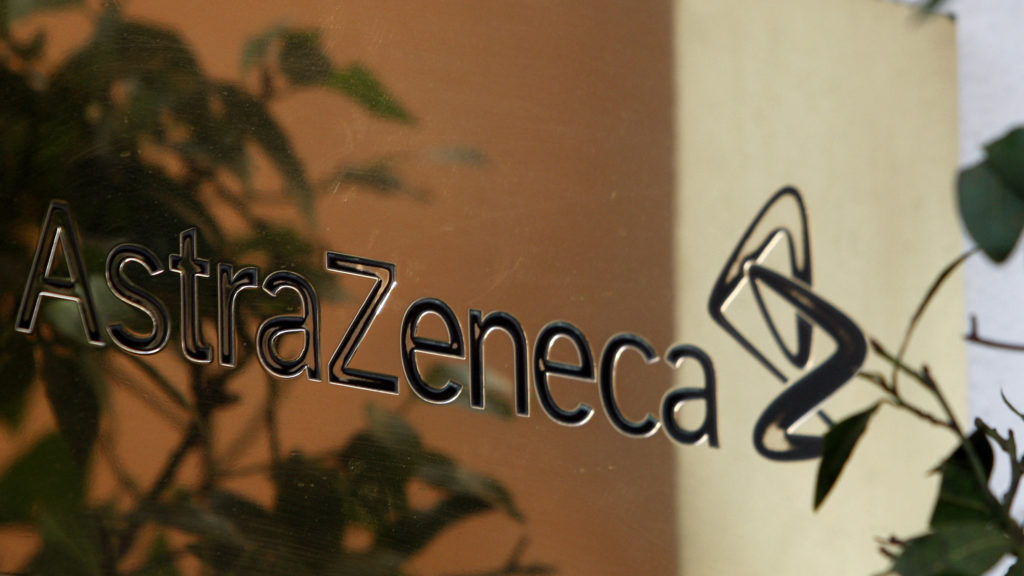Want to stay on top of the science and politics driving biotech today? Sign up to get our biotech newsletter in your inbox.
Another day, another president. Good morning! Today, we hear from former FDA officials, who lay out what they think the agency will need to thrive under the new Trump administration. We learn more about the scope of effect of GLP-1s, and see a new antibody-drug conjugate approved. Plus, radiopharmaceuticals!
advertisement
FDA alums offer roadmap for the Trump administration
President Trump’s new administration will likely bring major changes at the FDA, with nominees like Robert F. Kennedy Jr. and Marty Makary signaling a potential shakeup in operations. Three former senior FDA officials, opining for STAT, emphasized the importance of preserving the agency’s defining features: attracting top scientific talent, relying on sound science for regulatory decisions, and maintaining its reputation as the gold standard in science-based decision-making. It will also be important for the administration to keep the agency well-funded, they argue, particularly if the FDA is to keep up with advances in AI and next-generation therapies.
“The incoming administration should view FDA staff not as enemies, but as an extraordinarily valuable resource to pursue partnerships to advance public health,” they write.
advertisement
AstraZeneca’s ADC for breast cancer wins approval
The FDA has approved the antibody-drug conjugate Datroway, or datopotamab deruxtecan, for advanced breast cancer. It’s the first time the drug, developed by AstraZeneca and Daiichi Sankyo, has been approved in the U.S.
The drug works by delivering chemotherapy directly to tumor cells, reducing toxic side effects, STAT’s Andrew Joseph writes.
In the TROPION-Breast01 trial, it dramatically delayed cancer progression compared to standard chemotherapy, but didn’t improve overall survival. The medicine costs $4,900 for a 100-mg vial, and is being tested in other cancers. AstraZeneca projects that peak annual sales could exceed $5 billion — making Datroway a cornerstone of its broader oncology ambitions to reach $80 billion by 2030.
A radiopharma stalwart is set to take its own shots
A German radiopharma company called ISM Isotope Technologies Munich SE is seen as a key player in the burgeoning field, in part because it supplies Novartis with the raw materials needed to make Pluvicto, the prostate cancer therapy. But it’s about to have its own big moment, STAT’s Allison DeAngelis writes.
The company has 13 targeted radiation drugs in human trials, and plans to announce the results from its first Phase 3 trial in the next three months. Its lead therapy, ITM-11, is designed to use lutetium isotopes to slow tumor growth and extend survival in patients with neuroendocrine cancer.
“I think we can say, with a bit of a humble brag, that ITM has been a cornerstone in making radiopharma what they are for the last 20 years,” the company’s new CEO said last week at the J.P. Morgan Healthcare Conference, showcasing the under-the-radar company in advance of a rather big year.
Mapping the potential and perils of GLP-1s
It’s becoming increasingly clear that GLP-1 drugs can deliver many benefits, and present certain risks, as outlined in a new observational study in Nature Medicine. Researchers analyzed the health records of more than 215,000 VA patients taking these drugs and compiled some interesting findings.
These wildly popular weight loss and diabetes medicines slow stomach emptying and reduce cravings, and have already been approved as treatments for cardiovascular disease and sleep apnea. Drugmakers hoping to broaden the labels further are also studying the drugs as treatments for substance use disorders and Alzheimer’s.
advertisement
However, beyond typical GI symptoms like nausea and vomiting they can carry real, if rare, risks: Issues of pancreatitis, kidney stones, arthritis, and suicidal ideation have been reported.
“Our goal here was to literally map the landscape by association or create an atlas of associations,” the study’s lead author told STAT’s Liz Cooney.

